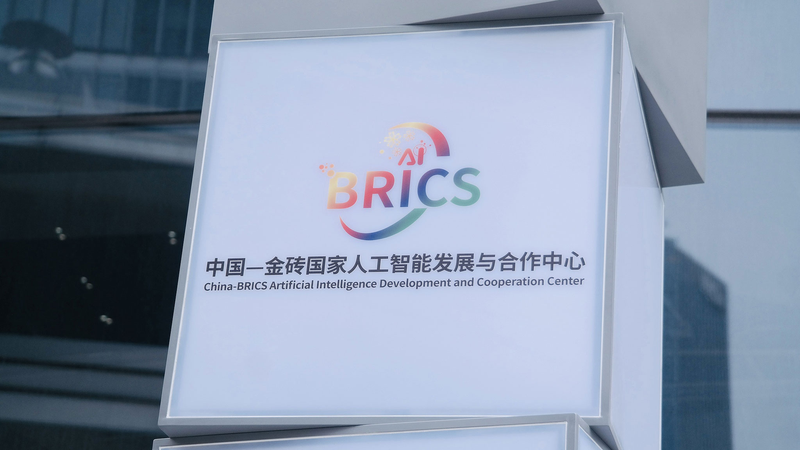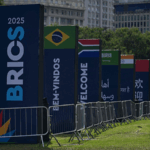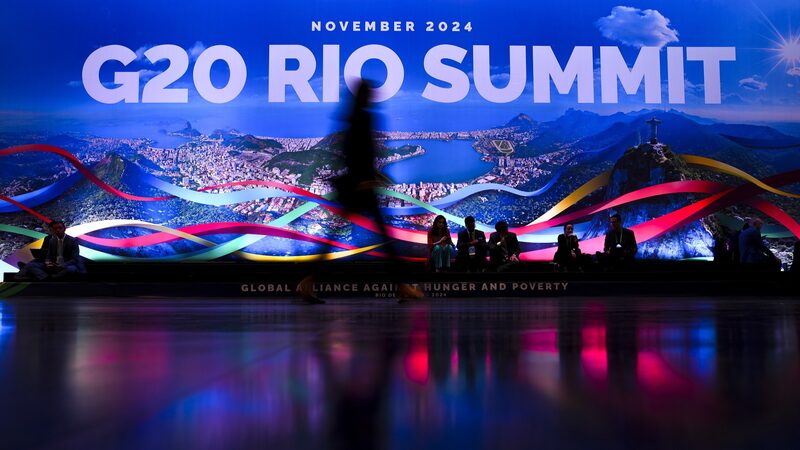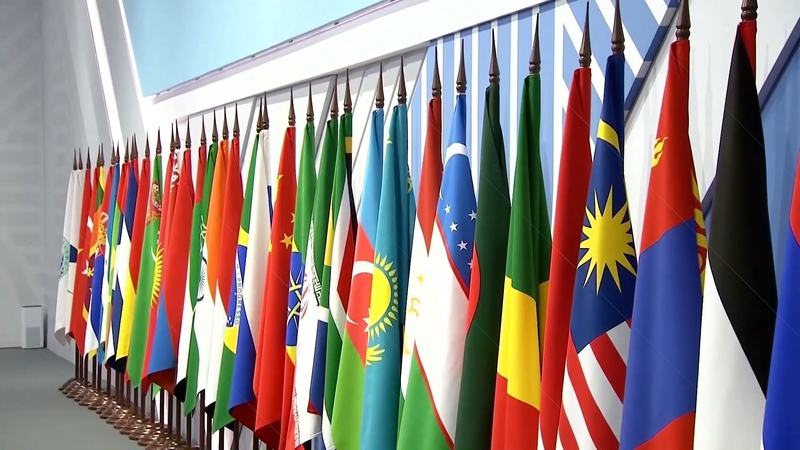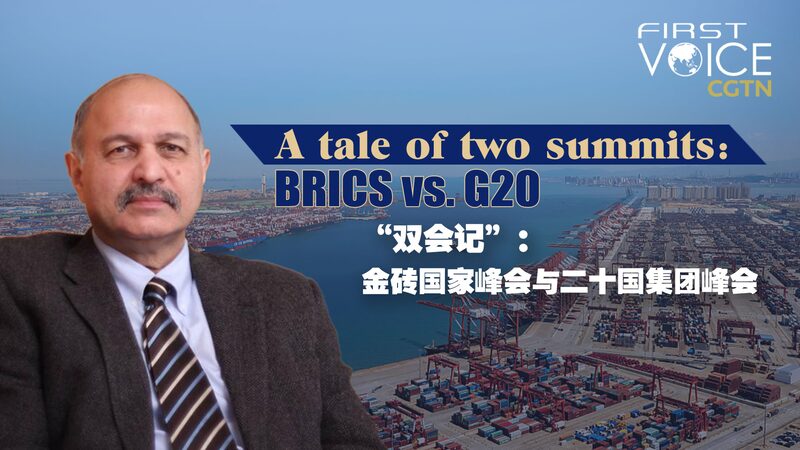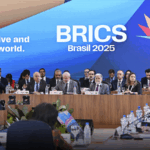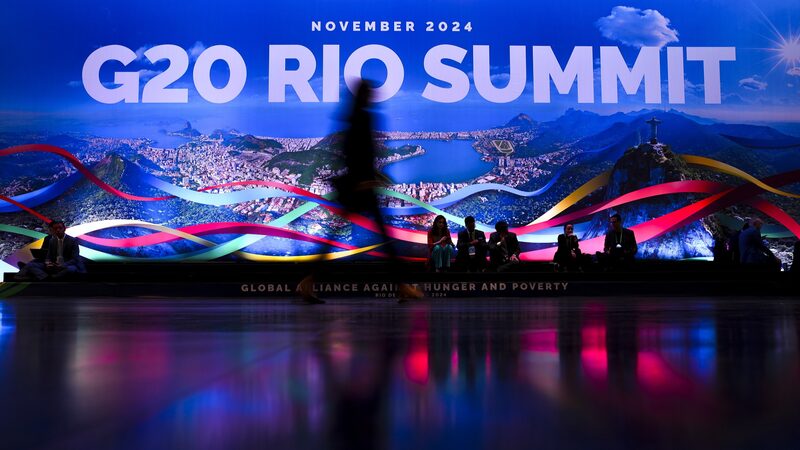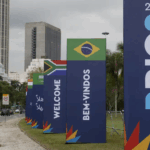Leaders from BRICS countries unveiled a landmark agreement on artificial intelligence (AI) governance during the 17th BRICS Summit in Rio de Janeiro, marking the bloc’s first leadership-level consensus on the rapidly evolving technology. The statement positions AI as a transformative force for advancing global equity, innovation, and sustainable development while addressing risks disproportionately affecting emerging economies.
Four Pillars for Ethical AI
The framework prioritizes multilateral cooperation under UN leadership, equitable access to AI technologies, ethical development aligned with cultural diversity, and environmental sustainability. It calls for market regulations to prevent monopolies and ensure fair competition, particularly for Global South nations often sidelined in tech innovation.
Balancing Progress and Protection
Emphasizing “digital sovereignty,” the document advocates for transparent AI systems with human oversight to combat algorithmic bias and misinformation. It also addresses workforce impacts, urging safeguards for labor rights and educational adaptation as automation reshapes industries.
A Global South Perspective
Notably, the statement stresses technology transfers and open innovation ecosystems to bridge the AI divide between developed and developing nations. Intellectual property protections are encouraged but must not overshadow public interest, according to the text.
Reference(s):
BRICS leaders issue landmark statement on global AI governance
cgtn.com
